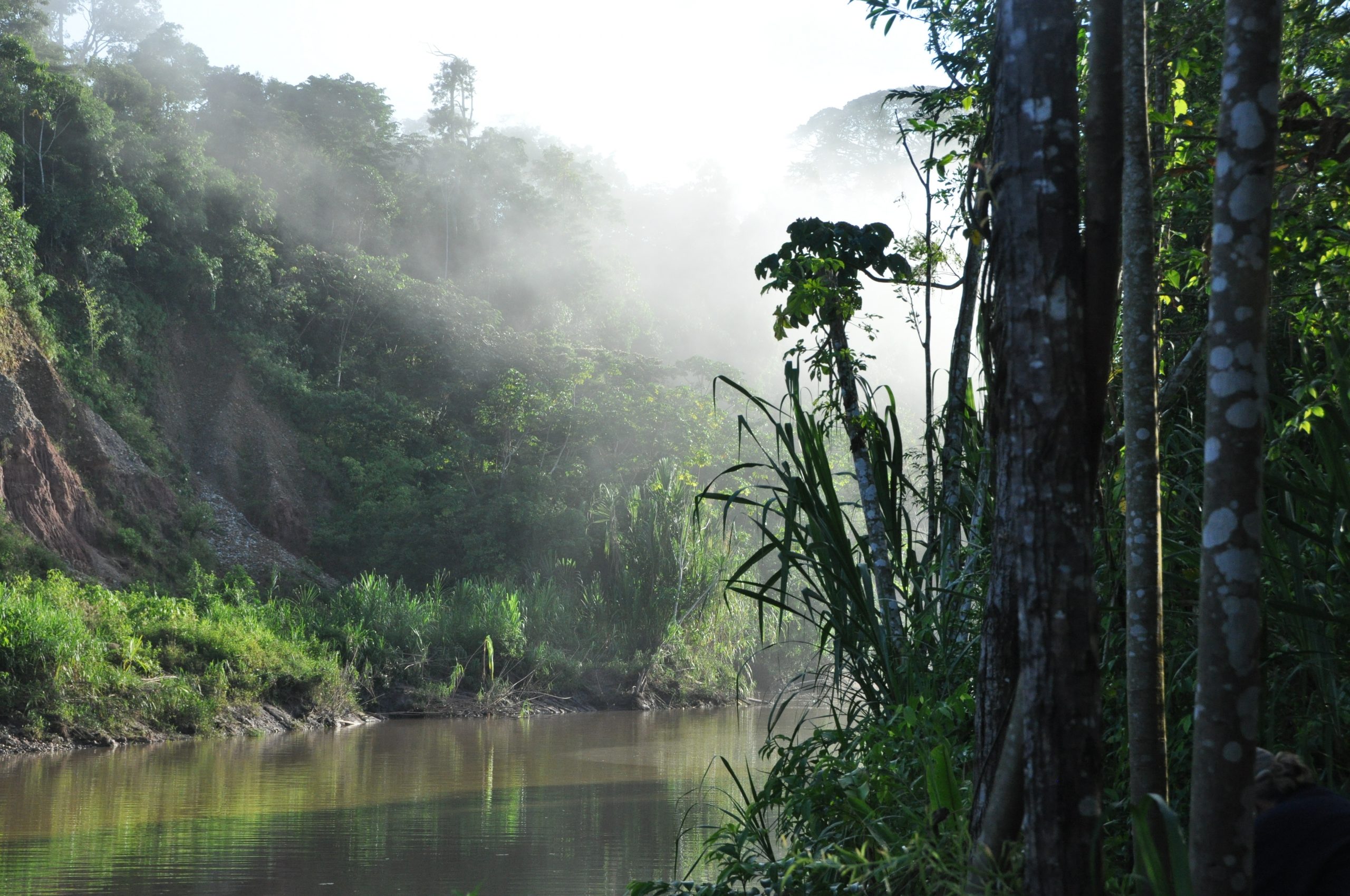2021-02-09
By Silvana Baldovino Beas
In Peru, at least 7,000 Peruvians live as what are known as Indigenous Peoples in isolation or initial contact, or PIACI, meaning that they have little or no contact with other peoples or communities, and live according to their own customs and cultures. Whether wholly or partially, the PIACIs still maintain distinctive forms of political, economic, cultural and social organisation. They recognise themselves as indigenous and live, to a greater or lesser extent, spiritually and historically linked to the land they have occupied since ancient times.
The PIACIs are, of course, an extremely vulnerable population. A simple bout of the common cold can be fatal. Faced with a pandemic like the one we are currently experiencing, the needs for their protection have become extremely urgent. Peru currently has five reserves (called indigenous and territorial) for their protection. These spaces are overseen by the Ministry of Culture in order to prevent the PIACI from being contacted against their will, or being threatened by activities carried out in the territories where they reside. The Peruvian Society of Environmental Law (SPDA) has been working together with the Ministry of Culture to strengthen protection mechanisms. Thus, with the support of the Tenure Facility, we have contributed to the protection of these territories, covering 2.4 million hectares. But this is not enough: indigenous organisations have been demanding for up to a decade that five other reserves located in Ucayali and Loreto be protected. These areas are under growing pressure from deforestation and illegal activities, and require urgent protection from the state. The cost of not doing so could be the extermination of the PIACI in those areas. So, how can it take so long to protect these areas?
"We cannot deny that Peru has made progress in protecting the PIACIs, but the lack of a shared vision of compatible development at state level – in which protection of life is prioritised - continues to be a great threat."

Unfortunately, many of these reserve proposals are in areas where the same state has granted other rights for the use of natural resources, mostly oil exploitation. The vision of a single state is lost and the struggle between multiple interests emerges. We cannot deny that Peru has made progress in protecting the PIACIs, but the lack of a shared vision of compatible development at state level – in which protection of life is prioritised – continues to be a great threat. Having accurate evidence of the existence of these peoples should automatically lead to the full mobilisation of state apparatus to ensure maximum protection for these vulnerable populations on all fronts and levels, safeguarding their lives. How can we get to this point? What do we need to evolve in this way?
One of the main outstanding challenges is for parliament to debate and approve a modification to the PIACI Law that will assure the total inviolability to their territories. This decision would show that as a country we value and protect this vulnerable population. Further, the government needs to move forward with establishing the new reserves that indigenous organisations have long been calling for. Finally, and considering that we will have a new president and parliament from the 28th July, the new government and authorities need to reaffirm that it is and will remain state policy to protect the PIACI.
From the SPDA side, and in alliance with the main indigenous organisations, we will continue to support the state in this task, and generate and disseminate information that helps decision makers understand the importance and urgency of granting, protecting and safeguarding the rights of Indigenous Peoples, and specifically those of the PIACI.
Silvana Baldovino Beas is a lawyer and author specialising in environmental law, communal lands and sustainable resource management, with two decades experience in the public and private sectors. She is currently the director of the Biodiversity and Indigenous Peoples Programme of the Peruvian Society of Environmental Law (SPDA), the Tenure Facility’s implementing partners in Peru.
Other Blog Posts
Categories: